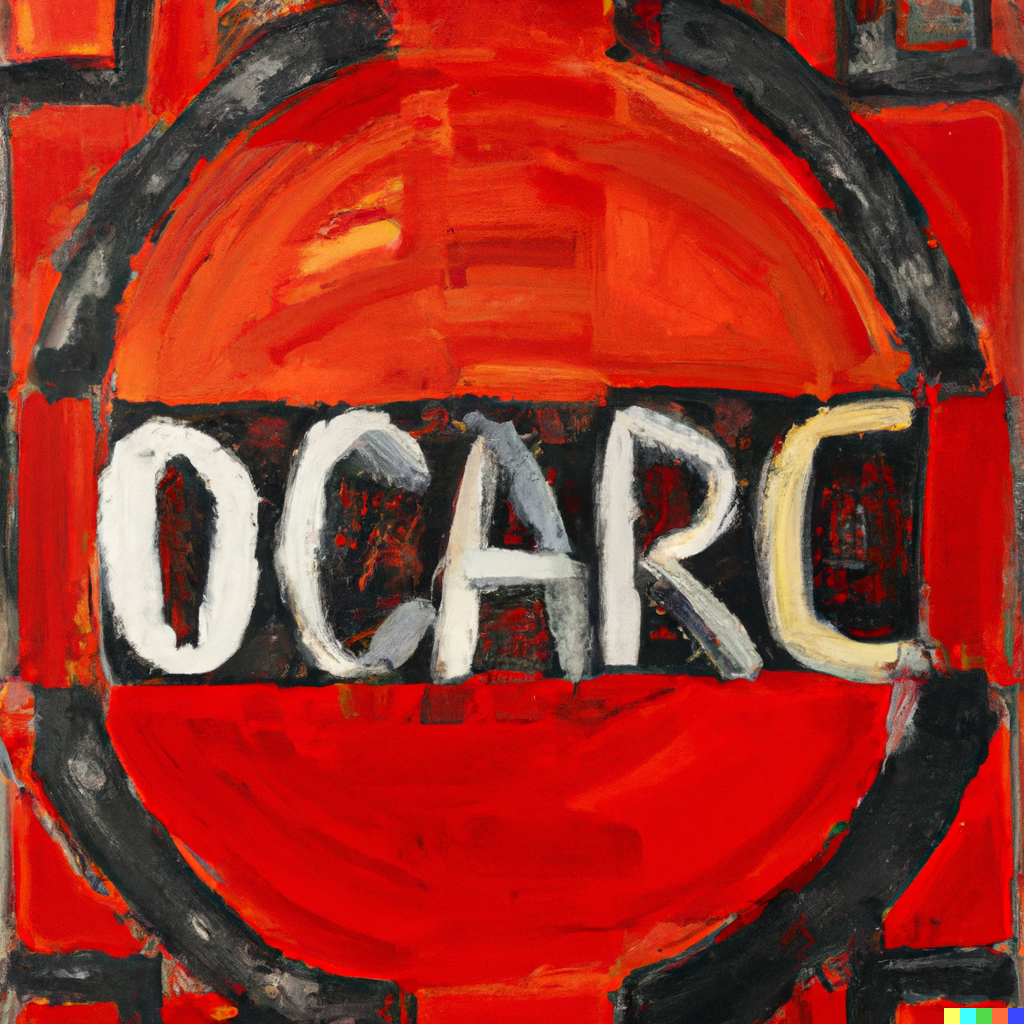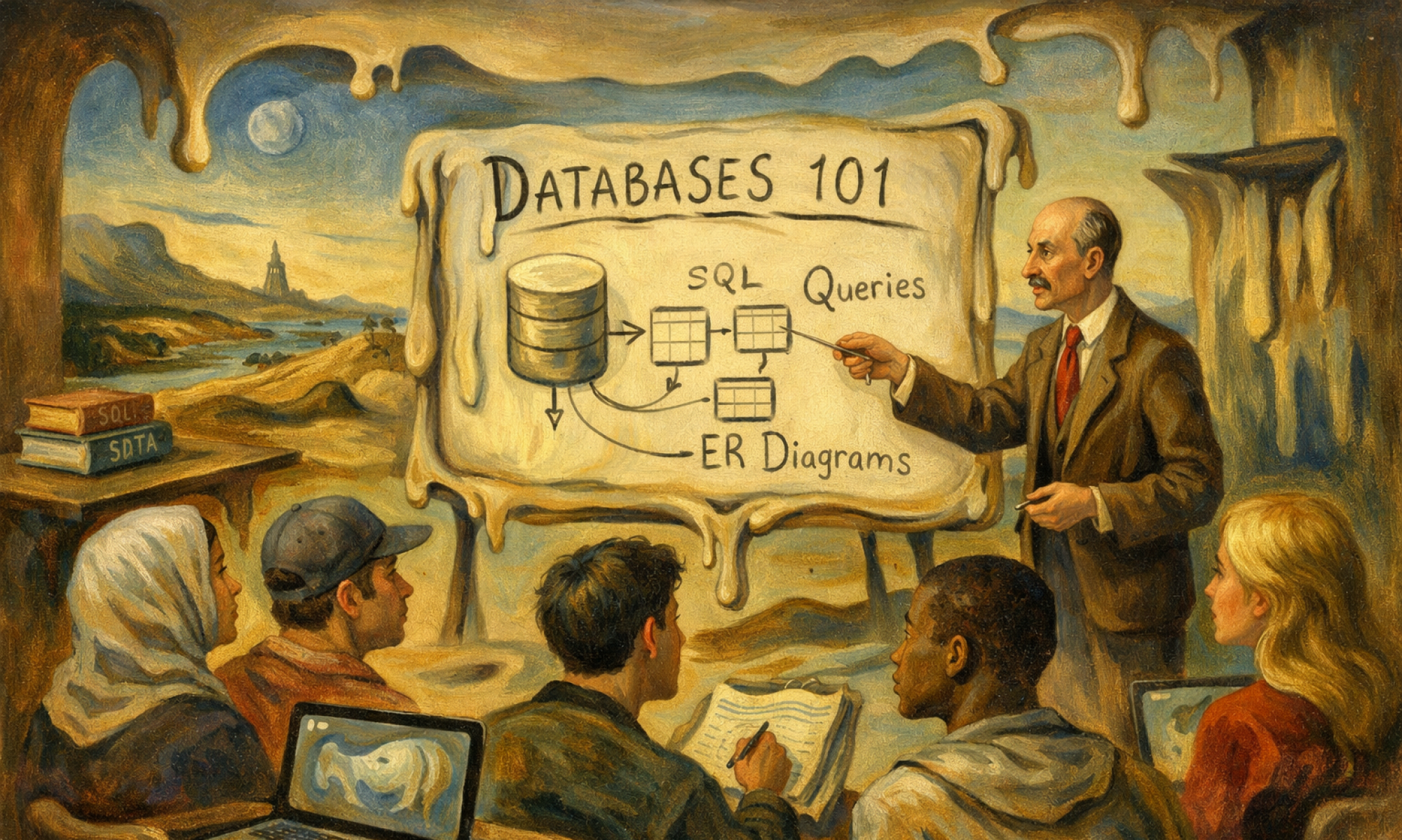Welcome to the database management course!
The intent of the course is to equip you with knowledge that will enable you to be a technical leader if you are assigned to a project to build an application that uses a database system.

Here’s how the course works.
Instead of coming to class to lecture, the lectures are all on videos, that you can watch at your convenience. During the week, you watch the lecture videos, read the book, read a paper or two and complete the assignment. You turn in the assignment before class.
There’s a textbook that I’ve written. Most computer science textbooks have lots of theoretical proofs, and little information that’s useful to real practitioners. This book is just the opposite: it has just enough theory so that you can understand what you need to do your work, and there’s an emphasis on techniques that you can actually use. The second edition of the book has just been released. It’s available on Amazon for $10, on Kindle. I hope this is your lowest-priced textbook!
Here’s a link to the book on Amazon: Introduction to Databases: A Focus on Practical Solutions.
Important papers that relate to the week’s topics will be posted as pdfs, so you can read them online or print them. Often these are milestone papers, that established a new technology, that continue to be important even though they are old. Reading those papers, you can understand what the inventor of the technology intended.
It’s important that you complete the assignments and submit them on Blackboard before class begins. Late assignments are not accepted.
Our weekly class will be a conference, held on Zoom. We’ll discuss the assignment as well as the key topics for the course for the week. The discussion will be highly interactive, with students doing most of the talking. You can be called on to present answers to problems in the assignment or to discuss any of the reading or lectures. The intent of these meetings will be to have a conversation about the week’s topic, reviewing the topic and answering any questions.
We’ll be using Oracle, which is the most widely used relational database system. And it’s available for free. You should arrange for your free access to Oracle right away.
This is what you’ll do during the course:
- watch the lecture videos
- read the relevant section of the book
- complete the assignments, on your own
- attend class, with your camera on during the entire class, and participate (it won’t be hard)
- take the midterm
- complete the final project
There will be a project on data modeling that will count as several assignments, that you will present in class. There will also be experiments in database performance, that will also be presented in class. A script generator will be provided to you that makes it easy to create a large database, so that you can do performance experiments with a database of many millions of rows.

The final exam will be a project where you will build an application using Oracle Apex. Apex has been chosen because it’s a tool for developing applications that relies almost exclusively on SQL and doesn’t require knowledge of any particular programming language. It’s also the most widely-used low-code development tool in the world, so familiarity with Apex is a worthwhile tool to have in your toolbox.
Let me know if you have any questions. You can reach me at robertsd@gwu.edu or dave@webmarketingadvantage.com.
